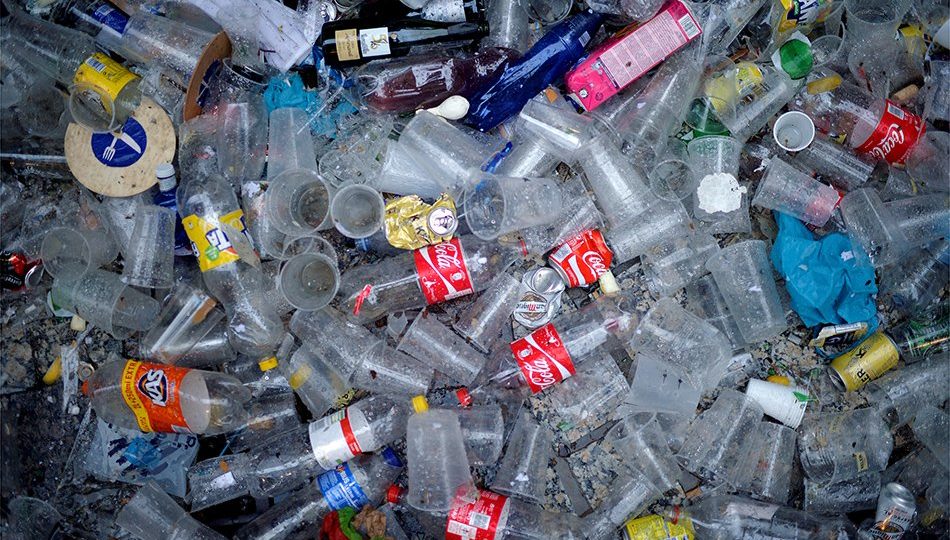One of the country’s biggest manufacturers, San Miguel Corporation (SMC), announced yesterday that it will start using biodegradable plastic in the grocery bags, food bags, and other single-use plastic packets used as packaging for its various products.
SMC said in a statement that they hope to become the first Filipino company to use bio-plastics as packaging, using materials developed and tested over the past five years. The Filipino multinational conglomerate — perhaps best known as the creator of the renowned San Miguel beer, but also a producer of everything from plastic-wrapped hotdogs to instant coffee packets — will be sourcing its biodegradable packaging from local firm Philippine Bioresins Corporation.
Read: 7 Steps to a more sustainable Manila
SMC said tests done by the Department of Science and Technology confirmed that the material produced by Bioresins Corp. breaks down by 65 percent in 24 months — 14 times more than non-biodegradable plastics disintegrate in the same time span.
SMC President Ramon Ang said that they will be using the product initially to package cement, and later for food items, though he did not say when this will happen.
“This is another way that we are helping turn plastic wastes that would have otherwise ended up in landfills or bodies of water, into useful and much-needed products — in this case, [for packaging] cement, which is used to construct buildings and infrastructure,” Ang said.
He added that the move is just the latest step in the company’s shift towards sustainability, which includes the zero-waste returnable glass bottle system for SMC’s beers, cleaning up the Tullahan River near Manila Bay earlier this year, as well as shutting down SMC’s plastic-bottled-water business.
Read: It’s a Small World: Living sustainably in the Philippines’ sachet economy
“We are very serious when it comes to sustainability. We have stopped our plastic bottled water business; we have taken on the challenge to reduce group-wide non-product water use by 50% by 2025, and we’ve poured more resources into major projects to clean up bodies of water as well as into research that supports plastic waste reduction,” Ang said.
The Philippines’ plastic problem is no secret. Most Filipinos buy products in tiny sachets made of plastic because they’re more affordable than buying in bulk, and these non-biodegradable items end up clogging the country’s landfills for years. In fact, a study released by the non-profit Global Alliance for Incinerator Alternatives in March found that nearly 60 billion tiny sachets and 17.5 billion plastic bags are disposed of in the Philippines every year.
https://www.youtube.com/watch?v=L1LOrfKPXSE&feature=emb_title




